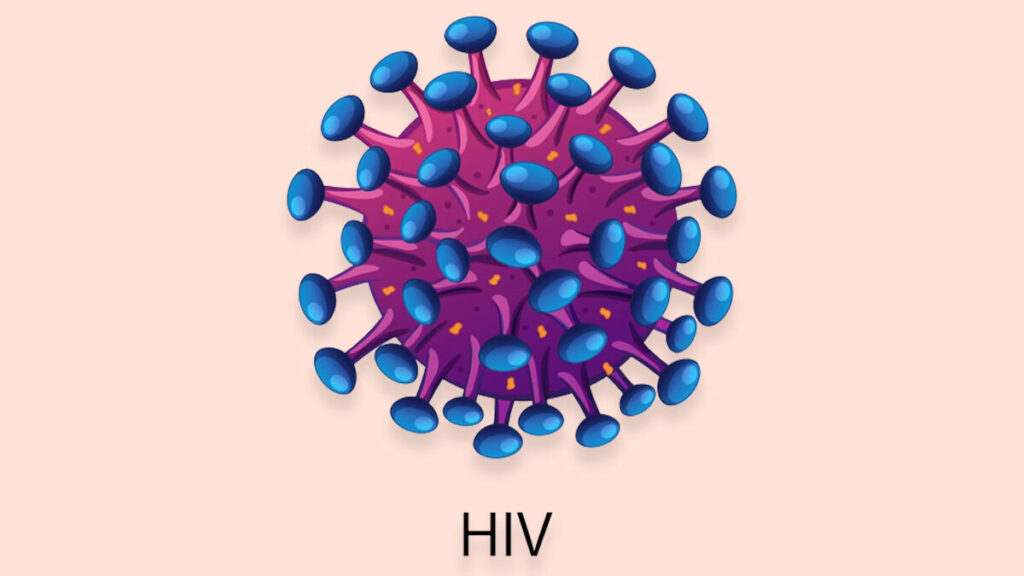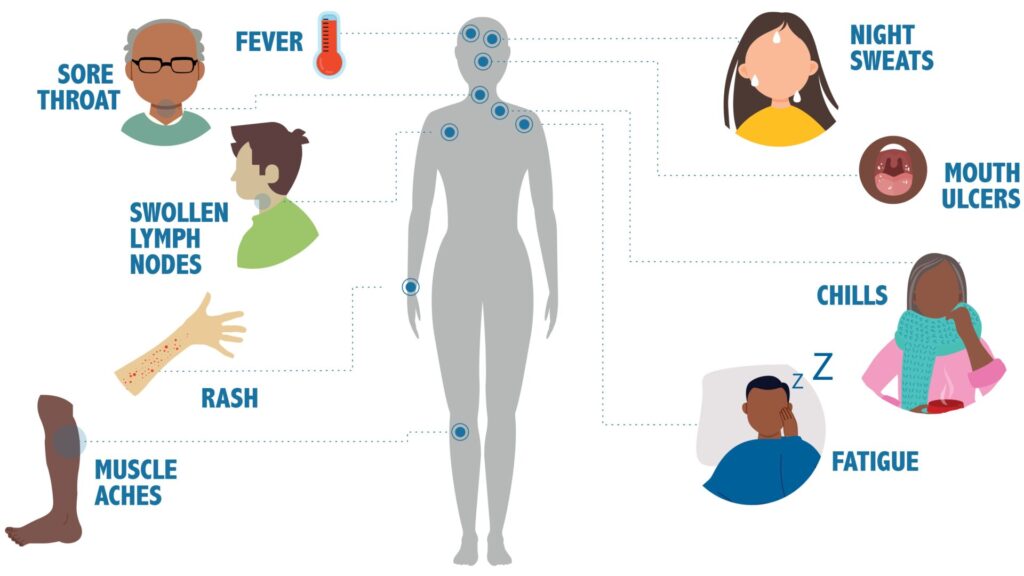HIV
HIV

A Comprehensive Guide to HIV: Understanding, Prevention, and the Path to a Healthy Life
At Rajavarma Siddha Hospital, we believe in empowering our community with knowledge to promote overall health and well-being. Understanding conditions like HIV is a crucial step in this journey. This blog post provides a detailed overview of the Human Immunodeficiency Virus, its transmission, symptoms, and the remarkable progress in modern treatment and prevention.
What Is HIV?
HIV, or Human Immunodeficiency Virus, is a virus that targets and weakens the body’s immune system. Specifically, it attacks the CD4 cells, which are a type of white blood cell essential for fighting off infections. As the virus multiplies and destroys these cells, the body becomes more susceptible to a wide range of infections and diseases.
AIDS (Acquired Immunodeficiency Syndrome) represents the most advanced stage of HIV infection. It occurs when the immune system is severely compromised, leaving the body unable to defend itself against “opportunistic infections.
How Is HIV Transmitted?
HIV is transmitted through contact with specific body fluids from a person with HIV. These include:
-
Blood
-
Semen and pre-seminal fluid
-
Vaginal fluids
-
Breast milk
For transmission to occur, the virus in these fluids must enter the bloodstream of an HIV-negative person. The most common ways this happens are:
-
Unprotected Sexual Contact: This is the primary mode of transmission, particularly through anal or vaginal sex without a condom or without using effective HIV prevention medication.
-
Sharing Needles or Injection Equipment: This can transmit HIV if the equipment contains blood from a person with HIV.
-
Mother to Child: An HIV-positive mother can transmit the virus to her baby during pregnancy, childbirth, or breastfeeding. With proper medical care and antiretroviral therapy, the risk of this transmission has been dramatically reduced.
It is important to remember that HIV cannot be transmitted through casual contact like hugging, shaking hands, sharing food, or using the same toilet. It is also not spread through saliva, tears, or sweat.
Symptoms of HIV
The symptoms of HIV vary depending on the stage of the infection.
-
Acute HIV Infection (Early Stage): Within a few weeks of infection, many people experience flu-like symptoms, which may include fever, chills, rash, night sweats, muscle aches, sore throat, and fatigue. These symptoms are often mild and can be mistaken for other illnesses.
-
Chronic HIV Infection (Latent Stage): After the initial symptoms subside, many people live for a decade or more with no noticeable symptoms. The virus is still active during this period, steadily damaging the immune system.
-
Progression to AIDS: As the immune system becomes severely damaged, a person may experience symptoms such as rapid weight loss, recurring fevers, extreme fatigue, swollen lymph glands, and frequent, severe infections.
The only way to know your HIV status for certain is to get tested.
Disclaimer: This information is for educational purposes only and is not a replacement for professional medical guidance. Please consult with a medical professional, such as those at Rajavarma Siddha Hospital, for personalized advice.


